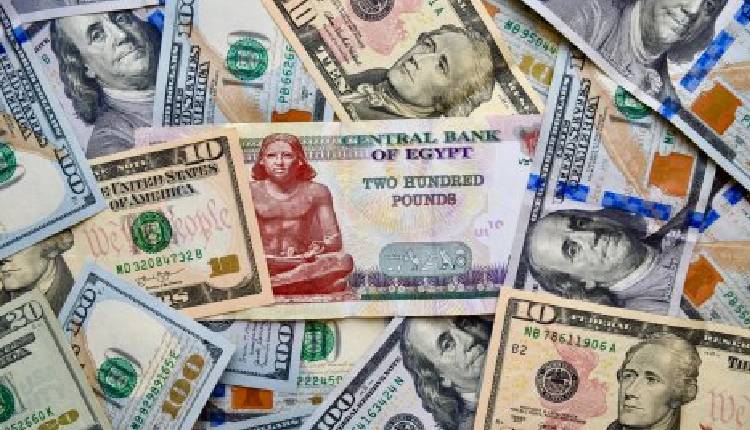The Egyptian pound (EGP) has seen a significant rise in value on the local black market for U.S. dollars (USD), potentially paving the way for the country’s expected next devaluation, Bloomberg reported on Monday.
Traders report that the currency has been trading at less than 60 per USD since Sunday, down from record highs of over 70 last week.
This improvement comes after security clampdown on the parallel market and unverified social media rumours of substantial Gulf investment in Egypt.
Despite the recent strengthening, the EGP remains considerably weaker than the official rate of about 30.9 per USD, highlighting the country’s severe foreign currency shortage.
Egypt, the most populous country in the Middle East, has devalued its currency three times since early 2022, and another devaluation is expected in this year’s first quarter.
The authorities are negotiating with the International Monetary Fund (IMF) for a loan increase, which could attract other partners and secure around $10 billion in funding, however, the success of this deal probably depends on Egypt allowing more flexibility in the pound’s value.
A further devaluation could risk inflating prices, which have only just begun to decelerate after reaching a record 38% last year.
The pound’s 12-month contract in the non-deliverable forwards market has dropped below 57, down from nearly 67 at the end of January.
“The authorities’ preferred strategy is to bring the parallel rate under control before unifying the exchange rate; this means bringing demand for dollars down through tighter policies and increasing supply through external borrowing.” said Farouk Soussa, an economist at Goldman Sachs Group Inc.
Soussa predicts that Egypt will need about $25 billion in financing over the next four years, provided that a new IMF agreement is reached and implemented successfully in the upcoming weeks.
For Egypt to surmount the crisis in the long run, continuous foreign currency inflows will be crucial.
“When the parallel rate is at a more reasonable level, the unification of the currency becomes easier through a devaluation,” Soussa said.


